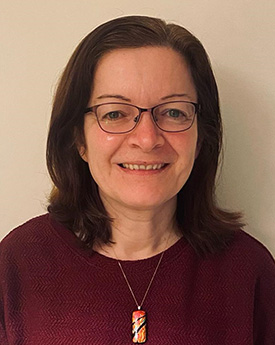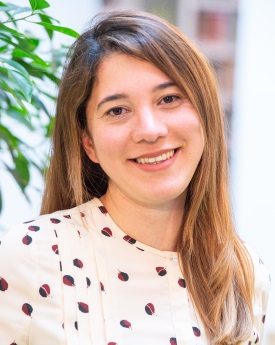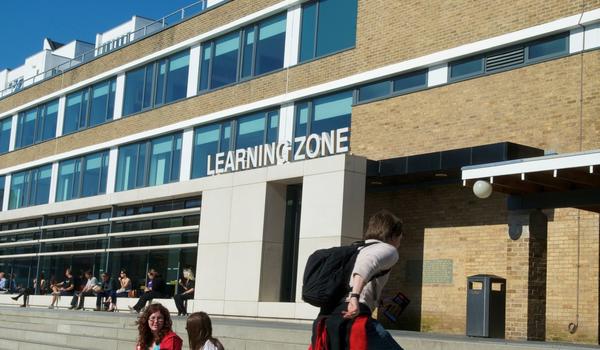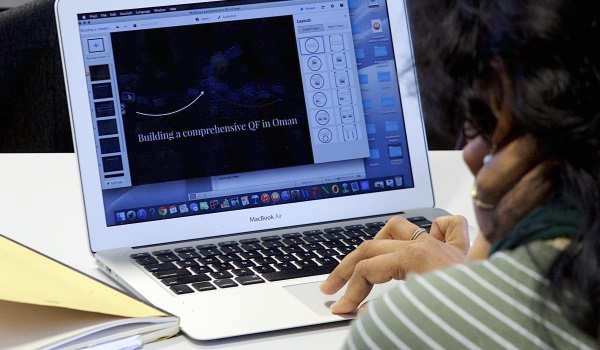Entry requirements
For admission to this programme applicants should normally have:
- a good honours degree from a British university or CNAA, and a good taught Master's degree; or
- qualifications of a comparable standard from a university or recognised degree awarding body in another country.
Preference will be given to applicants who have degrees in cognate areas (normally social science).
As this is a PhD by coursework and thesis we do not require a research proposal at this stage, but your Personal Statement (max 1,000 words) should outline your potential research interests and purposes and also explain why you wish to join this programme and how you hope to benefit from it. Please see the "What to include" tab for further information.
Language proficiency
Applicants will need to have an acceptable fluency in written and spoken English.
For students whose first language is not English, an English Language Test Certificate will be required, that is, IELTS Academic with an overall score of 6.5 with at least 6.0 for reading and writing.
Further information can be found at: English Language Requirements.
Apply online
The next start date is 1st October, 2025. This cohort is now full, so interested applicants should apply for October 2026 start.
Typical Cohort Number: 30
Initial Closing date for applications: 13th February, 2026.
Please note that any applications received prior to this date will be held for consideration during March/April 2026.
Applications received after this date will be considered on a first come-first-served basis until the Cohort is full.
We hold regular Applicant Webinars between November & February, details can be found on the Educational Research Department Events Website.
Please visit Applying for postgraduate study to apply.
As this is a PhD by coursework and thesis we do not require a research proposal at this stage, but you should explain why you wish to join the programme and how you hope to benefit from it.
Please contact the admissions team if you have any questions about applying to study at Lancaster University.
What to include
As this is a PhD by coursework and thesis we do not require a research proposal at this stage, but your Personal Statement (max 1,000 words) should outline your potential research interests and purposes and also explain why you wish to join this programme and how you hope to benefit from it.
Personal statement
This should contain the following:
- A statement of reasons for applying for this programme in particular;
- A statement of how you will benefit from this programme;
- A statement about your work experience trajectory and how it relates to the kind of research you are likely to undertake;
- A statement about potential research interests and purposes.











